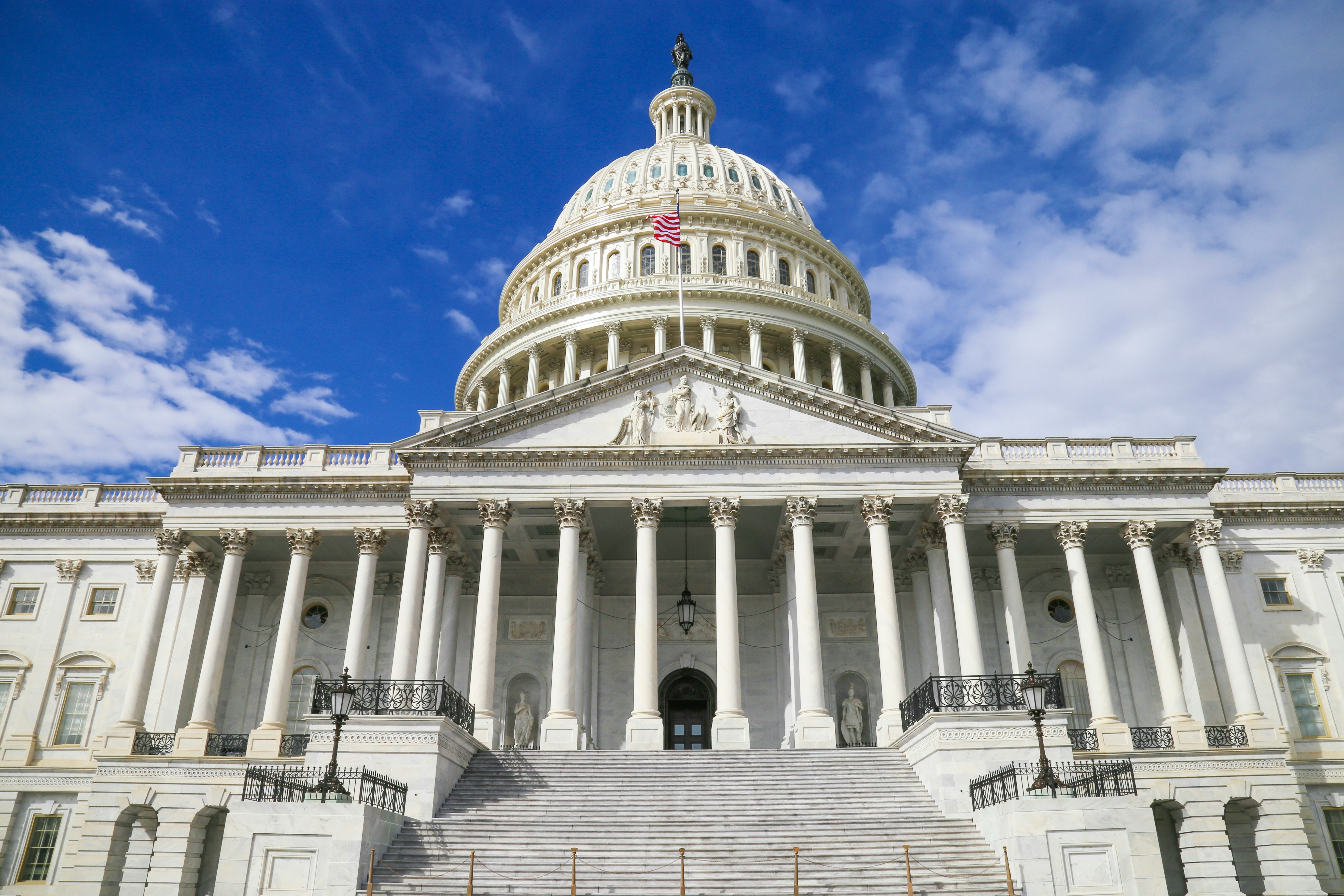On July 4th, President Trump officially signed the One Big Beautiful Bill Act into law, reshaping the landscape for domestic clean energy development. While the final legislation is a step back from the growth incentives under which the industry had been operating, it avoids the most severe proposals and leaves room for continued progress.
Over the past several years, investment tax credits have been key drivers in promoting clean power growth, supporting developers with a portion of the capital required for upfront capital costs. The new law phases out these tax credits, now requiring projects to be placed in service by the end of 2027 to receive the incentive.
A one-year grace period applies to projects that begin construction within 12 months of the bill’s enactment. However, a recent executive order from President Trump may narrow which projects can qualify as having “begun construction.” Specific details have yet to be released, creating continued uncertainty for developers navigating active project timelines.
While this new law is unlikely to stop clean energy deployment altogether, it introduces additional complexity that may cause short-term delays, pricing volatility and increased electricity costs. It’s a set back at a time when the US electric grid is already under significant strain from growing demand fueled by AI, data centers and electrification across industries.
However, Altus Power is built for resilience, and we’re well-positioned to lead through this new policy landscape. Our operating portfolio of more than 1GW of revenue-generating assets, diversified across geographies and customers, gives us the stability and flexibility to move quickly and seize opportunities where others might pause. Our long-term ownership model allows us to invest strategically, even amid policy headwinds.
Throughout our history, Altus Power has never relied solely on policy support, including the Inflation Reduction Act, to fuel our growth. Our strategy has been grounded in delivering reliable, locally generated, discounted clean power – an essential service, not a nice-to-have.
Our team is already incorporating the new law into our growth plans. While abrupt changes can be challenging for any industry, we see opportunity amid disruption, and we’re ready to scale thoughtfully in markets where others may hesitate.
Our existing operating projects, including those that power our Community Solar program that serves more than 36,000 households across nine states, remain unaffected. In fact, expansion of Community Solar depends more on state-level policy than federal tax law. We’re encouraged to see states like Massachusetts considering new, supportive legislation to keep projects moving. Conversely, in states like Maine, recent legislative actions are creating extreme disruption, including attempts to retroactively alter program rules, a move many see as unfair and likely to face legal challenges.
Despite this less-than-ideal outcome for clean energy policy, Altus remains committed to delivering reliable, affordable power to businesses, institutions and communities. This moment reinforces the importance of thoughtful, long-term planning – and we’re proud to be leading from a position of strength.
Interested in getting started with Community Solar?
Reduce your electricity costs and help your community go green with Community Solar.




.png)
